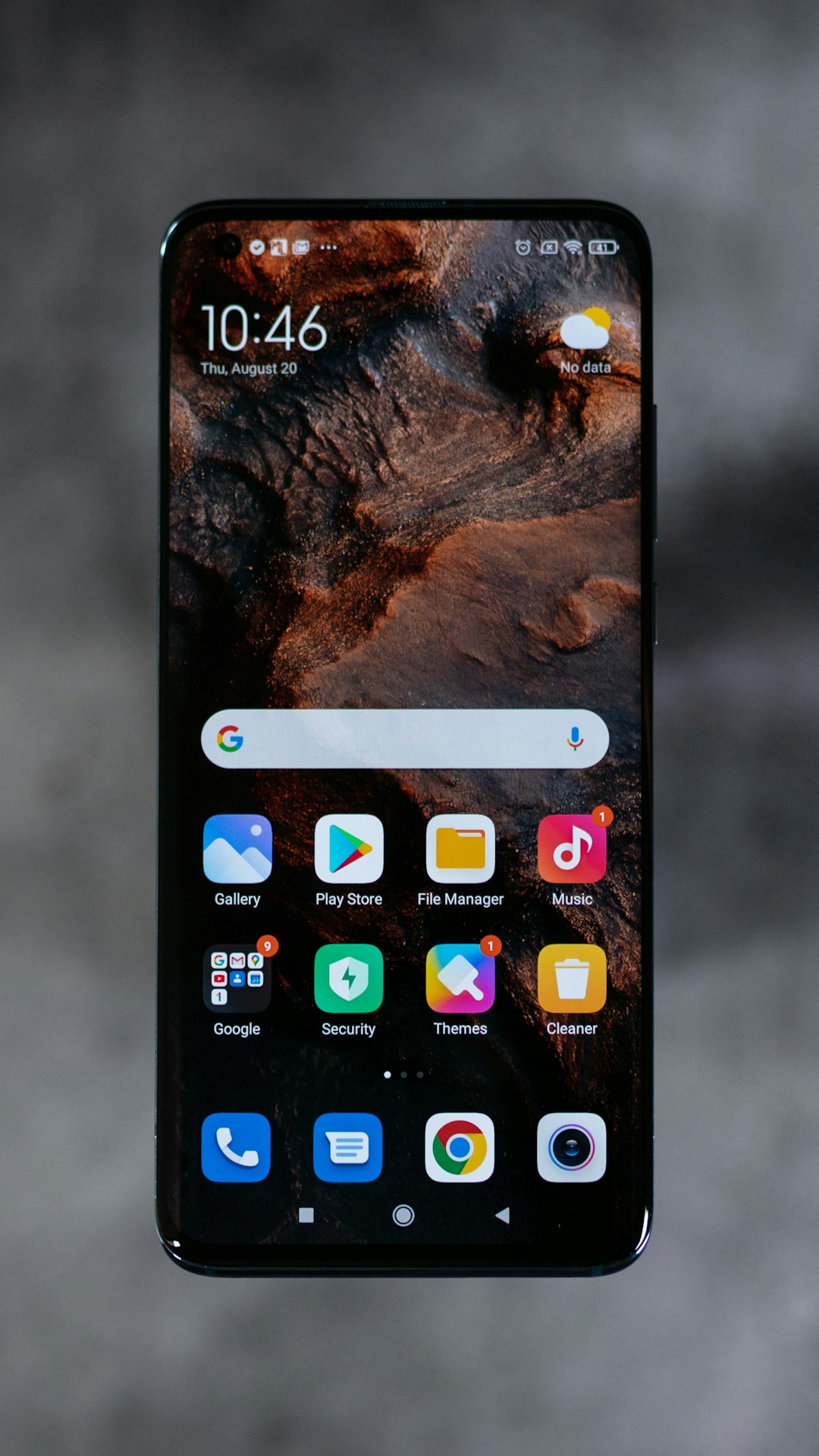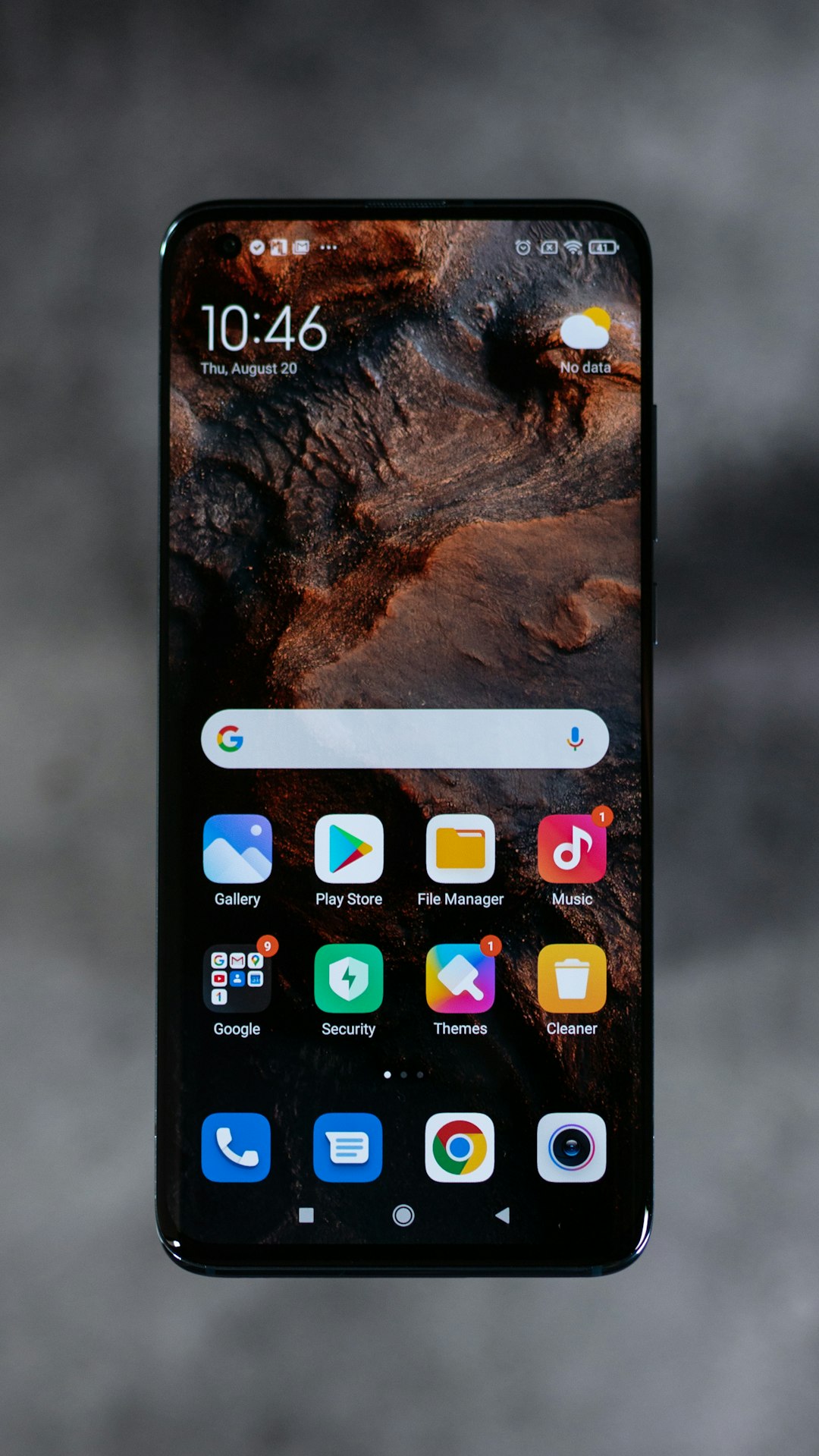No Call Laws in Georgia protect consumers from unwanted telemarketing by giving them control over their phone numbers and reducing unsolicited sales pitches. These laws have significantly impacted Duluth's customer service industry, encouraging businesses to adapt with targeted email campaigns, personalized marketing, and improved online presence while adhering to regulations set by No Call law firms in Georgia. Companies are investing in call center technologies and staff training to build stronger client relationships, differentiate themselves, and drive long-term growth in a highly regulated market. Effective compliance tracking, opt-out systems, and partnerships with No Call law firms in Georgia will be crucial for businesses as they navigate this evolving regulatory landscape.
“In the dynamic landscape of customer service, regulatory changes significantly shape industry norms. The ‘No Call Laws’ in Georgia have particularly intrigued businesses, including Duluth’s thriving customer service sector. This article explores the profound impact of these laws on local operations and provides insights into how companies are adapting. From understanding the scope of No Call Law firms in Georgia to adopting effective strategies for compliance, this introduction sets the stage for a comprehensive analysis of a critical regulatory shift.”
Understanding No Call Laws: A Brief Overview

No Call Laws, also known as Do Not Call lists, are regulations designed to protect consumers from unwanted telemarketing calls. In Georgia, as in many other states, these laws have significantly impacted the customer service industry. The primary goal is to give individuals control over their phone numbers and reduce the number of unsolicited sales pitches they receive.
These laws mandate that companies must obtain explicit consent before calling a consumer, and those who violate this can face penalties. No Call Law firms in Georgia play a crucial role in assisting businesses in navigating these regulations, ensuring compliance, and avoiding legal repercussions. By understanding and adhering to these laws, customer service providers can foster better relationships with their clients and maintain a positive reputation in the market.
The Impact on Duluth's Customer Service Industry

The implementation of No Call Laws in Georgia has had a profound effect on Duluth’s customer service industry, leading to significant shifts in business practices and consumer behavior. These laws, designed to protect residents from unwanted phone solicitation, have prompted local companies to adapt their strategies to maintain effective communication with clients while adhering to legal guidelines. As a result, many businesses have turned towards innovative approaches such as targeted email campaigns, personalized marketing, and improved online presence to engage customers.
Duluth’s customer service industry has responded by investing in advanced call center technologies and enhancing training programs for staff, focusing on building stronger relationships with clients through effective listening and tailored solutions. While the transition presents challenges, it also opens up opportunities for businesses to differentiate themselves through superior customer experiences, fostering loyalty and long-term growth in a competitive market that is increasingly regulated by No Call Law firms in Georgia.
Strategies for Businesses to Adapt and Comply

In response to No Call Laws in Georgia, businesses in Duluth’s customer service industry must adapt and comply with new regulations governing telemarketing practices. One primary strategy involves obtaining explicit consent from customers before making any sales or marketing calls. This shift requires a change in approach for many companies, moving away from mass dialing towards personalized outreach that prioritizes consumer choice and privacy.
Additionally, businesses can leverage technology to automate compliance. Implementing robust opt-out systems and call tracking software ensures that interactions are tracked and that customers have clear avenues to stop receiving calls. Training staff on new procedures and emphasizing the importance of customer satisfaction will also be crucial as companies navigate this evolving regulatory landscape, potentially partnering with No Call law firms in Georgia for guidance on staying compliant.






